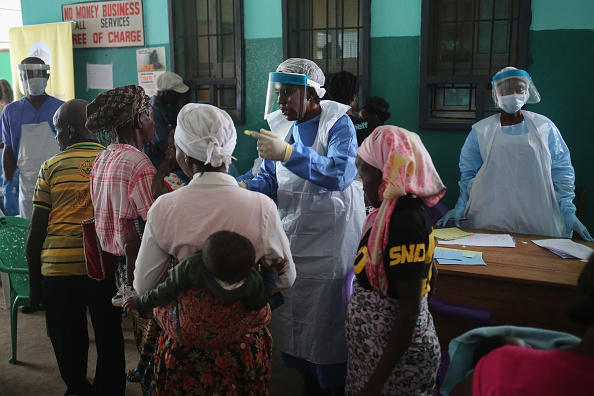
About 13,000 people survived having Ebola fever. Now, many of them are suffering lasting health problems. Global and local health officials are trying to find out how widespread the after effects are, and how to treat them.
Many survivors have problems with their vision and hearing. Others have fatigue and joint pains. The medical community is just beginning to determine the scale of the after effects now that the biggest Ebola outbreak in history is winding down.
A study of health problems in Ebola survivors is starting in Liberia and will include 1,500 survivors of the viral disease and 6,000 people with whom they were in close contact. These people will be followed for 5 years.
About 60% of people who contracted Ebola died from the disease, according to WHO. But while the survivors stayed alive, preliminary research shows that many are still suffering. Around half those who were checked after they recovered from Ebola have joint pain, Dr. Daniel Bausch, an Ebola expert and consultant for WHO said in an interview with the Associated Press. But few survivors have had follow-up examinations, which means that the rate of after effects or complications is not known.
Bausch described the joint pain as "very debilitating and a very serious problem that can prevent people from going back to work and providing for their family."
About 25% of survivors say they have changes in their vision, and some have developed a severe inflammation of the eye, he said. Eye problems were noted in survivors of earlier Ebola outbreaks.
This outbreak in West Africa has thousands of survivors. Research will be needed to find out why people are experiencing after effects, how they affect the body, what percentage of survivors has issues, and how to treat those issues. The after effects of the infection may be caused by the virus or may be due to autoimmune reactions to the infection. Some health issues may have existed before the survivor was infected since many may not have gotten regular medical exams before the outbreak.
